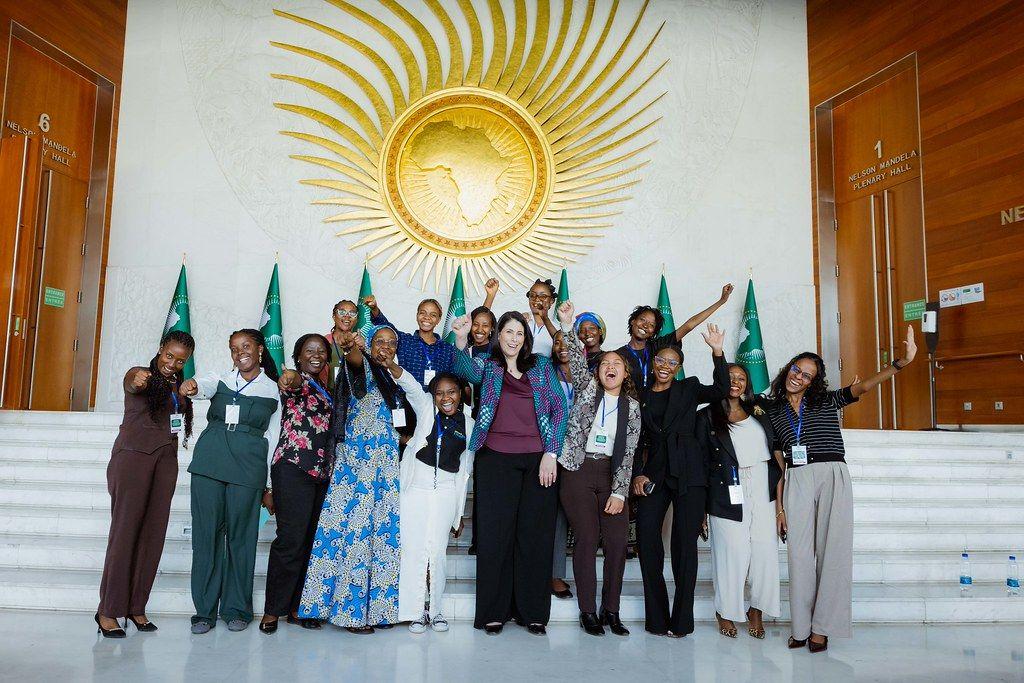
RISE LAB: African Union “AU Go Gal!” Innovation Initiative 2025
The purpose of the initiative is to empower young African women innovators to design scalable and sustainable digital and socio-economic solutions that address pressing challenges on the continent. It complements UN Women’s African Girls Can Code Initiative (AGCCI) by establishing a continuum from digital literacy to innovation, entrepreneurship, and leadership, while advancing Africa’s Agenda 2063 Aspiration 6 on people-driven development that unleashes the potential of women and youth.
The African Union “AU Go Gal!” Innovation Initiative is a NextGen challenge targeting young African women in innovation, aged between 15 and 25. The initiative seeks to empower 20 young African women innovators to develop digital and other innovative, scalable, sustainable solutions to key socioeconomic challenges facing the continent, and contribute to the continent’s transformative growth under Agenda 2063.
Specifically, these solutions should advance Women and Youth Financial and Economic Inclusion, including innovations on enhancing young women’s participation in economic decision-making processes.
- Identify and assess problems worth solving, and design scalable, sustainable business ideas using an entrepreneurial mindset.
- Develop business, competitive, risk, and innovation strategies (including digital approaches) to position a venture for growth.
- Build and use basic financial management and modelling tools to plan, fund, and lead an enterprise through early growth.
The online self-paced contents are:
Fundamentals of Entrepreneurship Course and Business Strategy and Innovation Course
- Women’s Entrepreneurship
- Craft the Competitive and Risk Strategy
- Nurture an Entrepreneurial Mindset
- Foster Enterprise-wide Innovation
- Finding a Problem Worth Solving
- Digital Entrepreneurship
- Build a Scalable and Sustainable Enterprise
- Financial Modelling for Entrepreneurs
- Introduction to Financial Management
- Lead and Manage for Growth
The programme entails a blended learning approach, beginning with self-paced lessons and complemented by a series of virtual webinars.
300 Young African women aged between 15 and 25.

